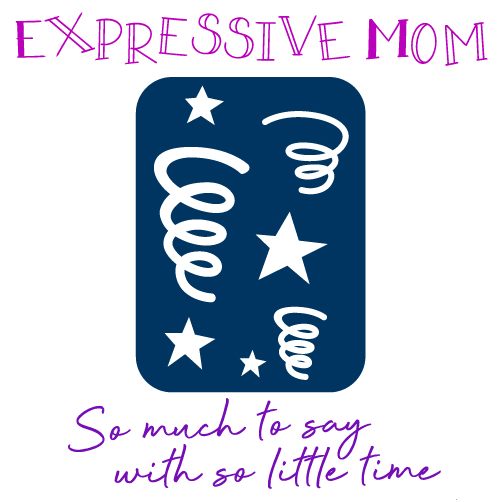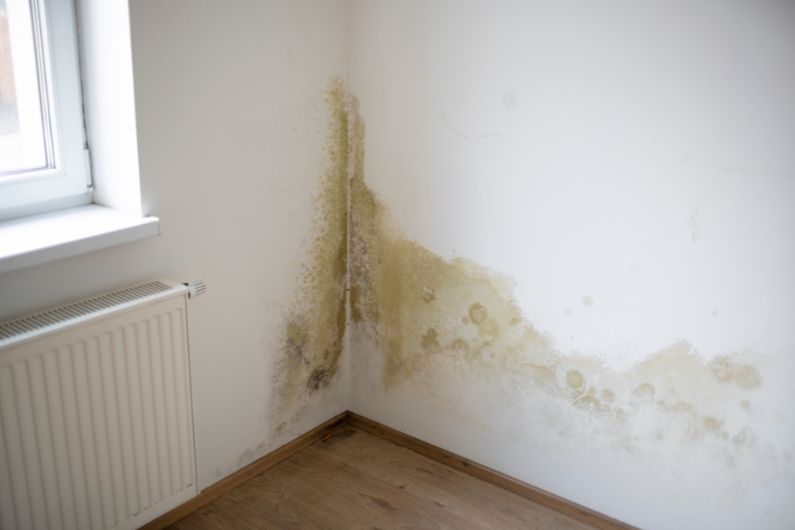Mold is a common household problem and can have serious health implications for humans and pets. Pets, however, are particularly vulnerable to the dangers of mold. This is because their smaller bodies are more susceptible to the toxins released by mold spores.
Let’s discuss four potential dangers of mold for your household pets. Learn how to recognize the signs of mold exposure in your pet and what to do if you find it.
Respiratory Issues
Exposure to toxic mold spores can cause respiratory issues in pets, such as coughing, wheezing, and labored breathing. If you notice any of these symptoms in your pet, it may be due to mold exposure. Sometimes, this can lead to serious health complications such as pneumonia or bronchitis if left untreated.
Skin Irritations
Mold spores can also irritate your pet’s skin, leading to itching and rashes on their fur or skin. This irritation can be especially troublesome for long-haired breeds, more likely to encounter mold spores while grooming themselves. To help keep your pet safe, ensure they don’t have prolonged exposure to known sources of mold or mildew in homes, such as damp carpets, furniture, or bedding.
Allergic Reactions
Like humans, pets can develop allergic reactions when exposed to certain mold spores. These reactions range from mild sneezing and watery eyes to severe anaphylactic shock. If you notice any unusual symptoms in your pet after they come into contact with a source of mold, you should seek veterinary care immediately.
Infections
Mold spores can also lead to fungal infections in your pet. Common fungal infections include ringworm and yeast infections, which require medical treatment to clear up properly. Get veterinary treatment if you notice any balding or reddening areas on your pet’s skin.
After knowing these four dangers of mold for household pets, the next step is to learn how to spot common types of household mold. This will equip you to recognize and eliminate potential mold dangers, keeping your pet from coming into contact with them. However, if you suspect mold exposure in your pet, contact your veterinarian immediately for advice.



Connect With Me !